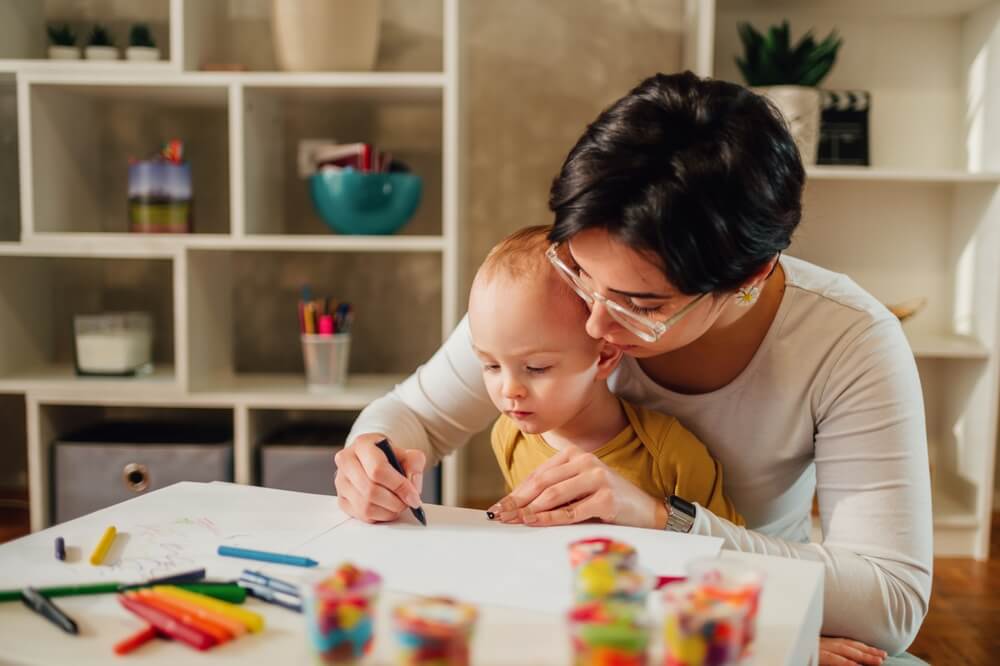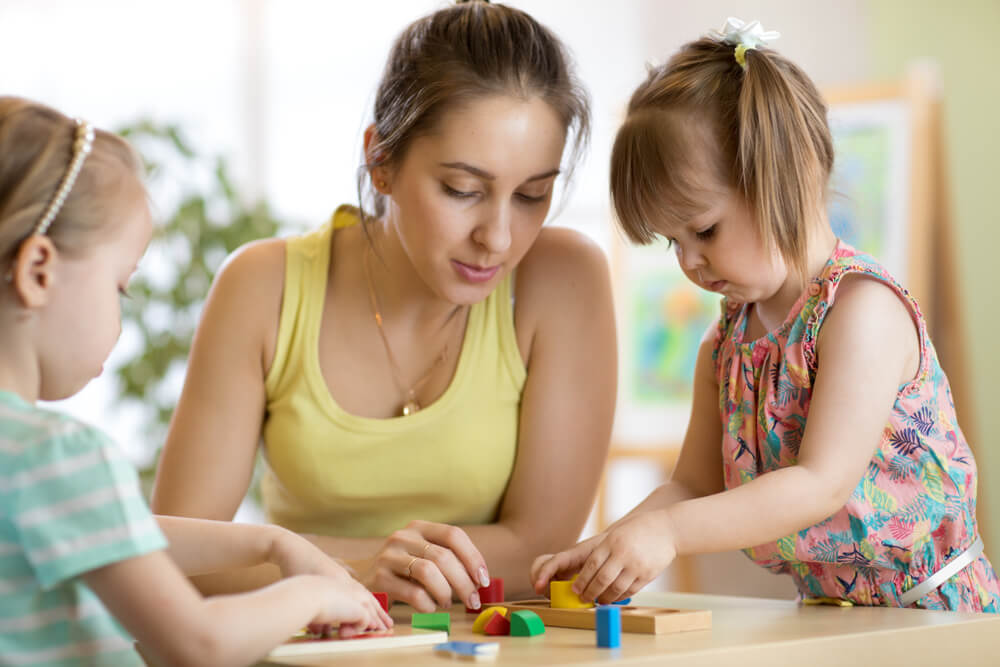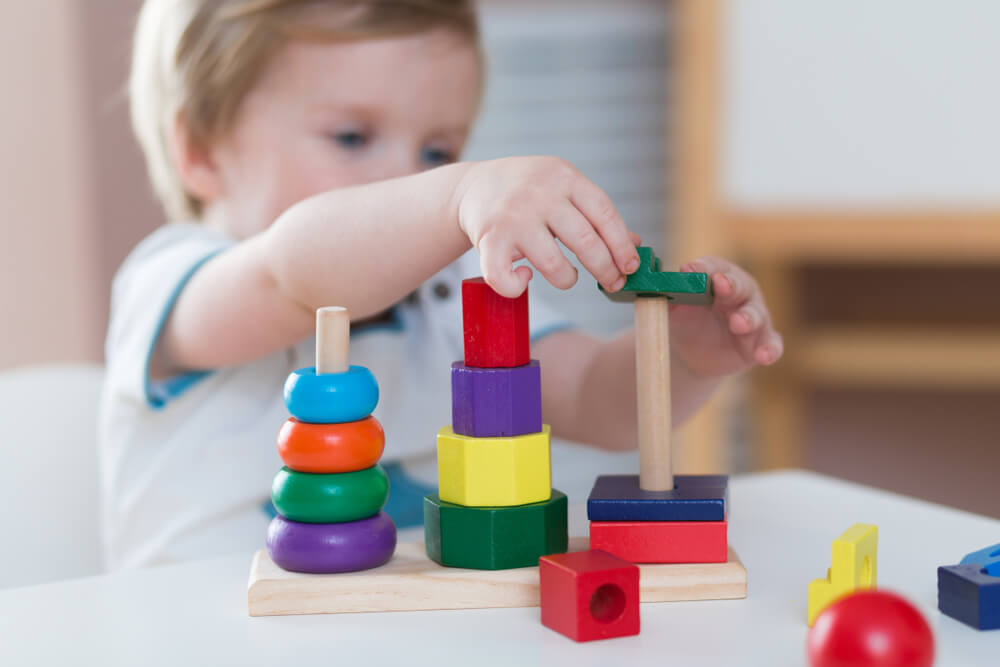In the vibrant world of childhood development, motor skills play a very important role in shaping a child’s physical and cognitive abilities. From the simplest tasks like grasping a crayon to more complex activities such as riding a bike, motor skills for toddlers and children are the building blocks for overall growth.
Healthcare providers like the Carithers Pediatric Group are dedicated to offering invaluable support and guidance to new parents, especially those navigating the challenge of developing their child’s motor skills.
Regardless if you use purposeful play, artistic exploration, or outdoor adventures, understanding how to improve motor skills becomes not just a task but a fulfilling experience that nurtures a child’s growth and sets the stage for a vibrant and active future.
Encourage Playful Exploration: Fostering Motor Skill Development from the Start
Encouraging playful exploration is the gateway to fostering motor skill development. Infants, naturally curious, learn to reach, grasp, and interact with their environment. Providing a safe space for exploration, filled with colorful and textured objects, encourages babies to hone their fine motor skills as they touch, feel, and manipulate different shapes and materials.
As they progress into toddlerhood, activities such as stacking blocks, playing with simple puzzles, or even filling and emptying containers not only captivate their attention but also contribute to the refinement of both fine and gross motor skills. This early emphasis on play sets the stage for a lifelong love of learning and physical activity.
Fine-Tune Fine Motor Skills Through Artistic Endeavors

Cultivating fine motor skills through artistic endeavors is a delightful and effective approach. Art provides a rich tapestry of activities that not only stimulate a child’s creativity but also demand precision and coordination. Introduce your child to the world of coloring, drawing, and painting. The act of holding a crayon or brush and manipulating it on paper enhances hand-eye coordination and strengthens the small muscles in the fingers.
As children progress, more intricate activities are used, and they do not become just artistic expressions but also exercises in dexterity and control. These activities can include:
- cutting with safety scissors
- molding with clay
- using larger, easy-to-grip crayons and then transitioning to smaller tools to refine their grip
- tearing paper
- squeezing glue
- rolling play dough into balls
By integrating artistic endeavors into a child’s routine, parents not only encourage self-expression but also provide a platform for continuous refinement of fine motor skills, creating a harmonious blend of creativity and skill development.
Introduce Motor Skill Activities: Turning Play into Purposeful Development
Introducing motor skill activities transforms play into purposeful development. Structured games and exercises provide a unique opportunity for children to enhance both fine and gross motor skills while having fun. Simple activities such as playing catch with a soft ball or balancing on one foot contribute to the improvement of coordination, balance, and spatial awareness.
Structured activities can be adapted to cater to different age groups and skill levels. When it comes to motor skills for toddlers, activities that involve stacking blocks or fitting shapes into corresponding holes are excellent for refining hand-eye coordination and spatial recognition. As children grow, more complex games such as hopscotch or skipping rope can be introduced to further enhance gross motor skills.
Nurturing Motor Skills Through a Sensory-Rich Environment
Children explore the world through their senses, and a diverse sensory environment stimulates their neural pathways, contributing significantly to motor skill development. Incorporate diverse textures, scents, and sounds into your child’s surroundings. Activities like finger painting, playing with sand, and exploring different fabrics provide invaluable sensory input, nurturing the foundation for improved motor skills.
Furthermore, sensory-rich activities can be tailored to accommodate a child’s specific needs and preferences. For example, if a child is sensitive to certain textures, offering a variety of tactile experiences allows them to gradually acclimate and develop resilience.
Engage in Outdoor Play: Where Nature Meets Motor Skill Development
Engaging in outdoor play is a dynamic and essential aspect of motor skill development. Activities such as climbing, running, and jumping not only enhance gross motor skills but also promote overall physical fitness. A well-rounded outdoor experience provides children with the opportunity to explore their surroundings, fostering a healthy balance between physical activity and skill refinement.
Moreover, outdoor play is an excellent way to instill a love for physical activity from a young age. Activities such as biking, hiking, or simply playing tag not only improve cardiovascular health but also enhance a child’s ability to navigate different terrains.
Engaging Play for Skill Development: The Impact of Purposeful Toys

Toys designed for engagement offer a dual benefit by combining play and skill development. Puzzles, building blocks, and toys that involve assembling and disassembling engage a child’s cognitive and motor skills simultaneously. These toys encourage problem-solving, spatial awareness, and hand-eye coordination as children participate in activities involving assembly, stacking, or disassembly of components.
These toys come in various shapes, sizes, and complexities, making them suitable for different age groups and skill levels. For toddlers, large, colorful building blocks can be an excellent introduction to spatial relationships and hand dexterity. As children grow, more intricate puzzles challenge their cognitive abilities and fine-tune their motor skills.
Encourage Independence: Building Confidence Through Skill Mastery
Simple actions like buttoning shirts, tying shoelaces, or pouring a glass of water may seem routine, but they serve as valuable exercises in fine motor control and coordination. Empowering children to tackle these tasks on their own not only fosters a sense of autonomy but also builds a foundation for future skill mastery. When children experience success in completing these seemingly small yet significant activities, they develop a sense of accomplishment that directly translates into enhanced self-esteem.
Moreover, encouraging independence promotes problem-solving skills as children navigate challenges, refining both fine and gross motor skills in the process. By gradually introducing age-appropriate responsibilities and allowing children to take charge of certain tasks, they not only contribute to motor skill development but also nurture a sense of responsibility and self-reliance.
From the foundational tasks of coloring or buttoning a shirt to the intricacies involved in tying shoelaces, motor skills for toddlers and children serve as the cornerstone for overall growth. As children navigate the landscape of development, cultivating and embracing these motor skills ensures a well-rounded foundation, equipping them for the diverse experiences that unfold along their developmental journey. If you have questions about how to better help your child develop their motor skills, call Carithers Pediatric Group for guidance.


